How to Deal with a Cat with Separation Anxiety – Welcome to our guide on addressing a common feline challenge: separation anxiety. Cats, known for their independence, can experience stress and anxiety when left alone. If you’ve noticed your furry friend acting out or displaying clingy behavior, you’re not alone. In this comprehensive blog, we’ve gathered the 10 best tips to help you understand and manage cat separation anxiety effectively.
From creating a comforting environment to establishing routines, these practical strategies aim to strengthen your bond with your cat and ease their distress when you’re away. Say goodbye to scratched furniture and incessant meowing—let’s embark on a journey to create a serene space for your feline companion.
Understand the Signs and Triggers
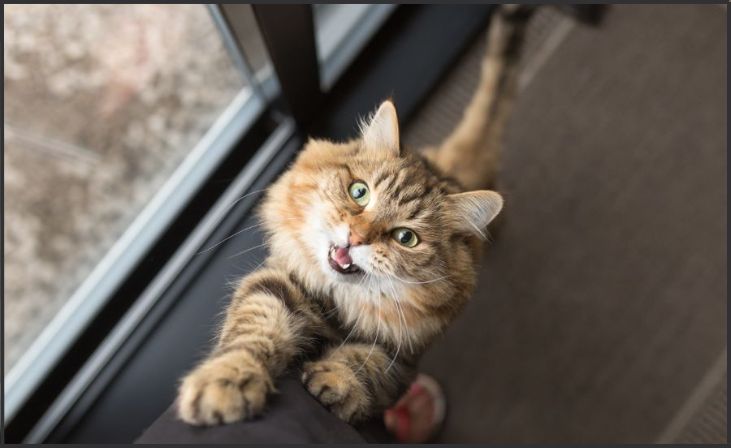
To effectively address cat separation anxiety, it’s crucial to recognize the signs and triggers. Observe your cat’s behavior when you’re about to leave or when they’re alone. Common signs include excessive vocalization, destructive behavior, and changes in litter box habits. Understanding these cues allows you to tailor your approach based on your cat’s specific anxieties. Identifying triggers, such as specific departure rituals, can help you proactively manage and alleviate your cat’s stress.
Create a Safe and Comfortable Environment
Cats thrive in secure and familiar surroundings. Designate a cozy space with their favorite bed, toys, and scratching post. Consider incorporating calming elements like pheromone diffusers or soft background music. Ensure the environment is well-lit and ventilated, and if possible, allow access to a window for natural stimulation. A comfortable space minimizes the impact of separation and provides a reassuring retreat for your cat.
Also Read: Dog Breeds for Families with Children
Establish a Consistent Routine
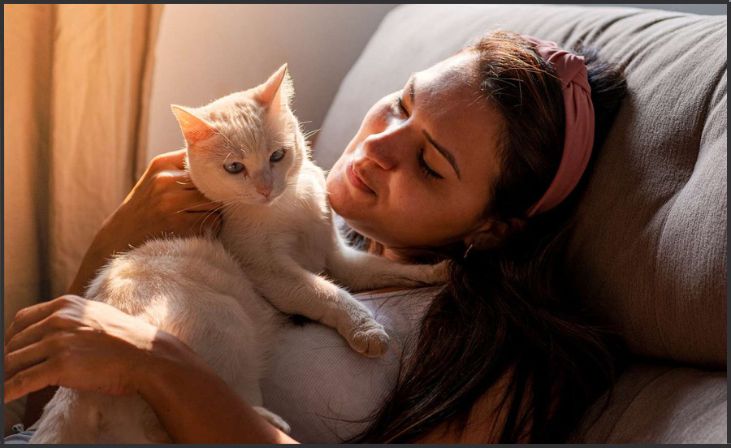
Cats appreciate routine, as it provides a sense of predictability and security. Set a consistent daily schedule for feeding, playtime, and interactions. Gradually accustom your cat to your departure routine by practicing short absences. This helps normalize the idea of being alone and reduces the anxiety associated with your leaving. A structured routine promotes a feeling of stability, helping your cat adapt to periods of solitude more easily.
Engage in Interactive Play
Combat separation anxiety by engaging in interactive play sessions with your cat. Prioritize activities that stimulate their mind and body, such as puzzle feeders, feather wands, or laser pointers. Regular play not only provides mental enrichment but also helps release excess energy, making your cat more relaxed when left alone. Investing time in interactive play fosters a strong bond between you and your cat, reinforcing feelings of security.
Introduce Enrichment Activities
Enrich your cat’s environment with mentally stimulating activities. Puzzle toys, treat dispensers, and rotating toys can occupy their attention and prevent boredom. Cats with separation anxiety often benefit from distractions that keep their minds engaged. Experiment with different enrichment options to discover what captures your cat’s interest and provides a positive outlet for their energy during your absence.
Utilize Calming Products
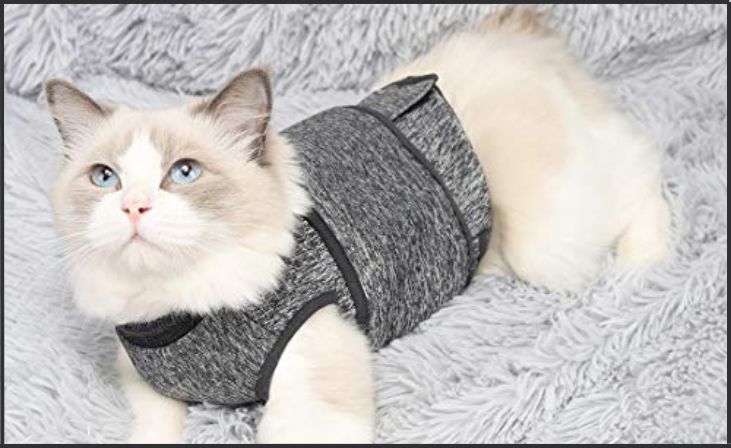
Consider incorporating calming products to alleviate your cat’s anxiety. Feliway diffusers, sprays, or collars release synthetic feline facial pheromones, mimicking the natural calming signals cats use to mark their territory. These products can create a soothing atmosphere and promote relaxation. Consult with your veterinarian to determine the most suitable calming solutions for your cat’s specific needs and preferences.
Gradual Alone Time Increase
Help your cat acclimate to being alone by gradually increasing the duration of your departures. Start with short intervals and gradually extend the time as your cat becomes more comfortable. Positive reinforcement, such as treats or affection, when you return can associate your departure with positive experiences. This systematic approach allows your cat to build confidence and resilience, reducing the impact of separation anxiety.
Consider a Feline Companion
If feasible, consider introducing a compatible feline companion to keep your cat company. Some cats find comfort in having a fellow feline companion, reducing feelings of isolation. However, it’s essential to carefully introduce and monitor the interaction between cats to ensure a harmonious relationship. Not all cats will benefit from this approach, so assess your cat’s personality and preferences before considering a new addition.
Consult with a Veterinarian
Persistent or severe cases of cat separation anxiety may require professional intervention. Consult with your veterinarian to rule out any underlying health issues contributing to your cat’s behavior. Veterinarians can provide guidance on behavior modification techniques, recommend appropriate medications, or refer you to a qualified animal behaviorist for more specialized assistance.
Also Read: Right Dog Collar for Small Breeds
Show Patience and Positive Reinforcement
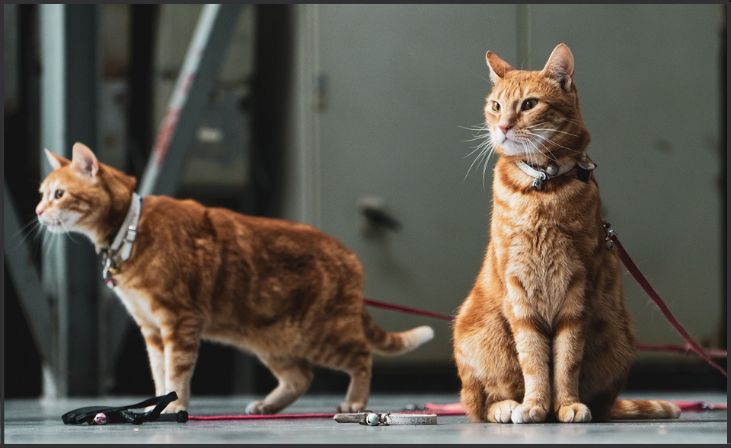
Dealing with cat separation anxiety is a gradual process that requires patience. Consistently reinforce positive behavior with praise, treats, or affection. Avoid punishment, as it can exacerbate anxiety. Celebrate small victories and progress, and remember that building trust and security takes time. By approaching the situation with understanding and empathy, you’ll strengthen your bond with your cat and create a more resilient and contented feline companion.
Conclusion
Understanding and addressing cat separation anxiety is crucial for both you and your feline friend. By implementing our 10 best tips, you can foster a sense of security, comfort, and independence in your cat. Remember, patience is key, and with time, consistency, and love, you’ll be well on your way to a happier, more contented cat. Strengthening the bond between you and your pet is a rewarding journey, and these strategies will undoubtedly make a positive difference in both your lives. Cheers to a harmonious relationship with your calm and happy kitty!
FAQs
Watch out for behaviors like excessive meowing, destructive scratching, urinating outside the litter box, or following you around excessively. These signs may indicate that your cat is struggling with separation anxiety.
While it’s not always preventable, creating a secure and stimulating environment, gradually increasing alone time, and providing engaging toys can help reduce the likelihood of separation anxiety in your cat.
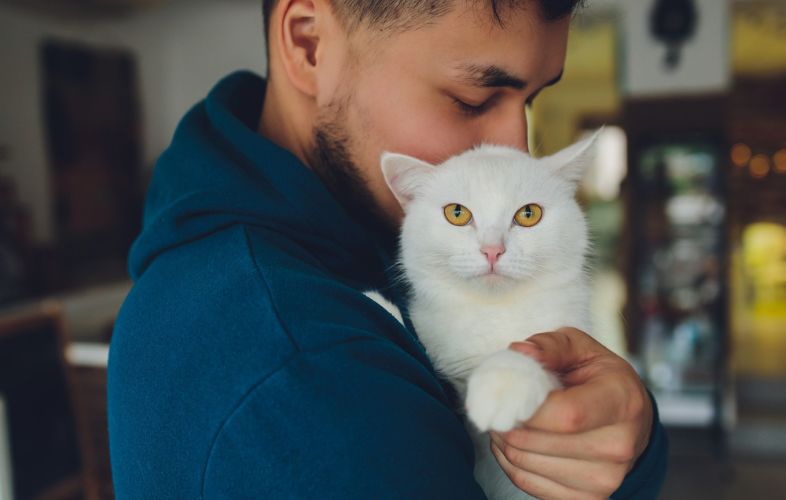
Leave a Reply